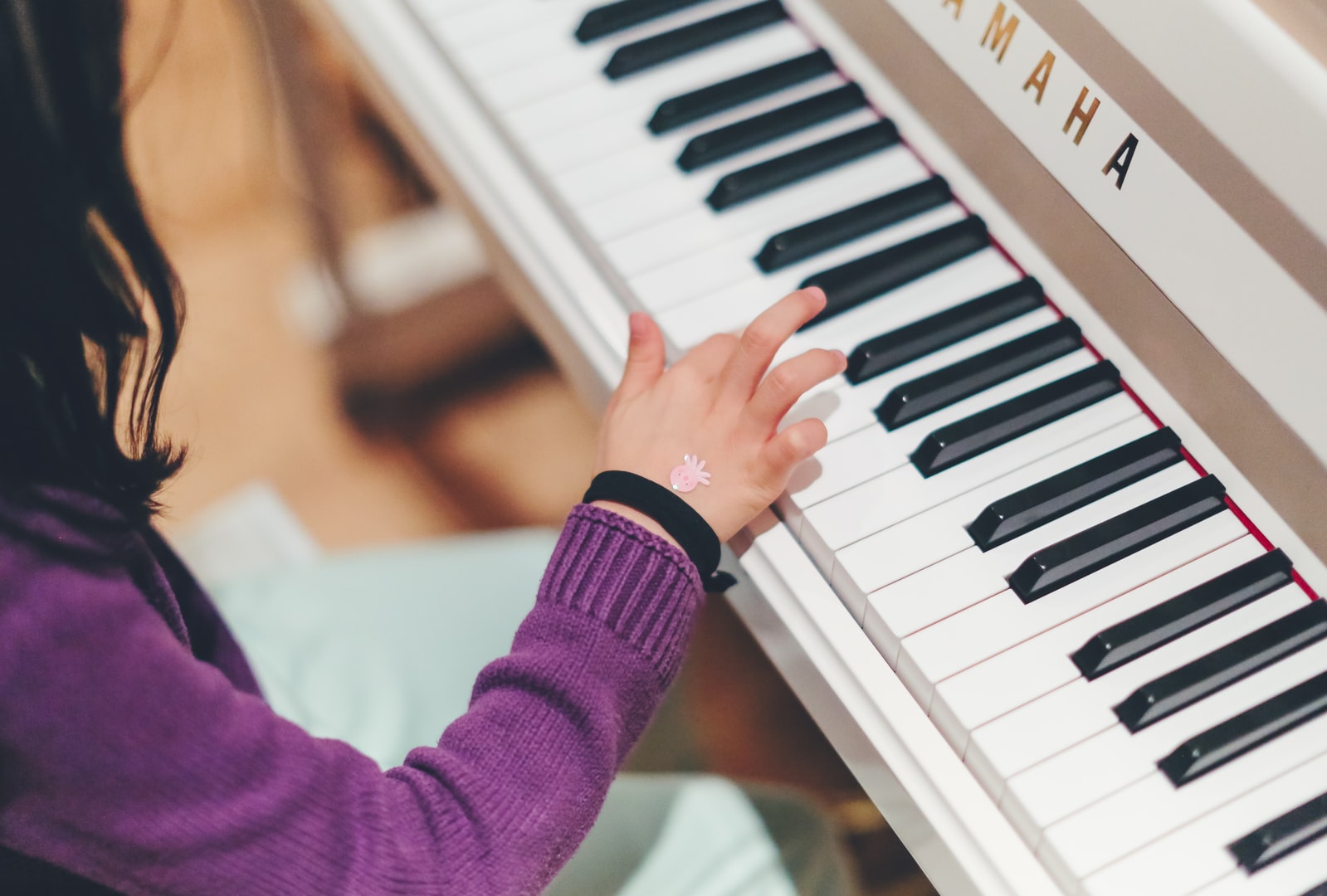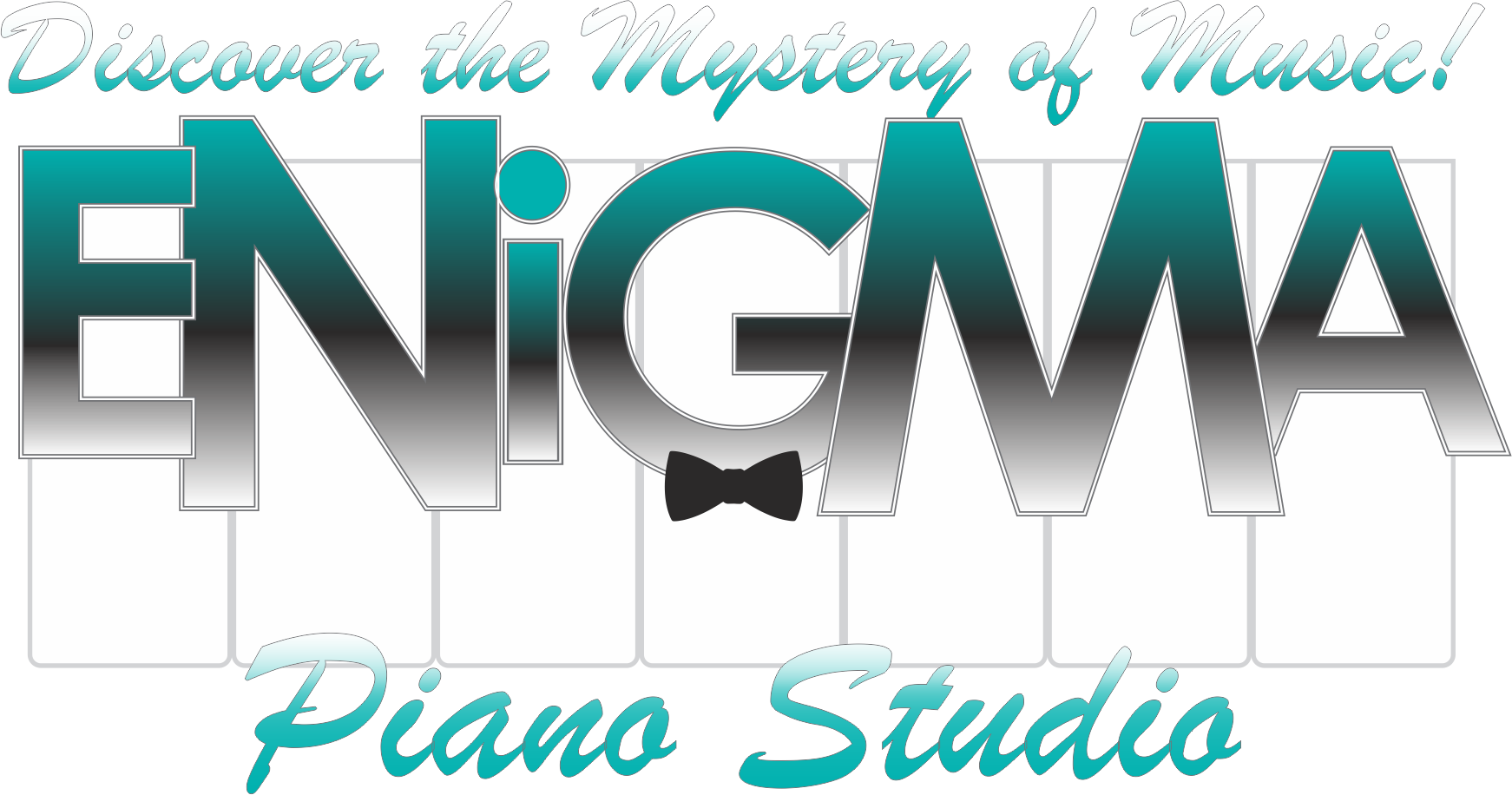The Benefits of Piano and Music Tuition
By David Goedhart

In the
article below, I present the scientific basis of how playing an instrument
(like the piano) may develop, fortify, and positively influence a human’s
brain. The research discussed here is based on physical evidence conducted by
music psychologists within the last decade and essentially summarizes findings
from brain scans and other medical equipment used to test how a musician’s and
non-musician’s brain develops throughout life. In addition to this, I also
explore some of the other aspects regarding taking piano and music lessons that
reveal how enriching these may be to one’s overall quality of life.
As is now a well-known phenomenon in the world
of psychology, a human’s brain is in a constant interactive state within the
environment in which it is found – from birth to adulthood (Brink-Flores 2018:
101; Louw and Louw 2014, 2019). In the years after birth, rapid changes occur
in the brain. More specifically, the process of ‘neural pruning’ (numerous
synapses are either maintained or destroyed) is a prominent part of the
processes in which the brain is moulded by experience and its interactions
within various contexts (Brink-Flores 2018: 101; Neuroplasticity 2020 [O]).
Neural
plasticity is the process whereby the brain develops or grows and changes in
its ‘anatomical and physiological’ structure due to its interaction with the
environment as well as through ‘repeated behaviour’ (Ibid.). Regular practise
(of a musical instrument) determines which ‘neural circuits’ are strengthened or optimized to reinforce specific
abilities (Ibid.).
Research
has proven that the practise of playing a musical instrument places certain
demands on the human brain and nervous system. This includes the amalgamation
of ‘perception and action mediated by sensory, motor, and multimodal
integration regions’ in the brain (Brink-Flores 2018: 101; Putkinen and Tervaniemi
2019; McPherson and Hallam 2015; Schlaug 2012).
Most Western musicians begin their regular and
intensive musical training in early childhood, which usually continues into
late adolescence and sometimes adulthood. For this reason, the musician’s brain
represents an ‘ideal’ field of study in ‘learning processes in the brain’
especially regarding their developed ‘sensorimotor, auditory and auditorimotor
skills’ (Brink-Flores 2018: 101; Ibid.).
Regular and intensive training and practise on
a musical instrument has been shown to re-organise the development of a human’s
brain (Ibid.). We can agree that the expected changes would include changes to
the primary brain regions. This involves the ‘primary auditory cortex and the
auditory association cortex’ regions which are substantially more developed in
a musician’s brain. The sensorimotor cortex and related structures responsible
for refined and independent finger movements also show increased development in
the brain of a musician (Brink-Flores 2018: 101; Ibid.).
A musician’s brain also reveals an increased
development of the ‘midsagittal side of the corpus collosum’ which proves that
the demanding process of performing on an instrument develops the communication
channels between the right and left hemispheres of the brain to a certain
degree (Brink-Flores 2018: 101). Additionally, the age and years of tuition and
practise of a musician is considered as the more years involved in music training and practise reveals these
anatomical changes in the brain to be even more pronounced (Brink-Flores 2018:
102; Ibid.).
The above discussion is thus based on the
premise that almost all healthy and able-bodied human beings possess the
capacity to develop some form of musical ability with hard work and musical
training of some kind. This can no doubt be in correlation to learning how to
play the piano. In fact, anyone…and I mean anyone can learn to play the piano.
Although unique, there are performing pianists who are either autistic, blind,
have no hands, arms, or fingers. To believe one ‘needs talent’ without
perseverance and discipline is a misconception – even Bach (all composer
relatives), W.A. Mozart, L. Von Beethoven and the other highly regarded
composers and musicians in history had to work at their abilities to refine and
develop them (Burkholder et al. 2014). An interesting quotation to finalize my
point here is found in the writings of Patricia Shehan (1987:46; Jorritsma et
al. 2010);
To present-day Slavic people, everyone is a potential musician. Talent is not believed to be inherited, nor is it something that only certain select people are born with. Music is perceived as a participatory activity in which all members of a social unit perform as part of an observed custom. Strong interest, practice and perseverance are the main requisites for any aspiring musician. Music is integrally linked with social situations, and gathering together requires music in every celebration.
In
relation to the above, below are some additional resources that may be of
further interest.
‘How Playing an Instrument Benefits your brain
– Anita Collins’
https://www.youtube.com/watch?v=R0JKCYZ8hng
‘The Benefits of playing Piano’
https://www.steinway.com/news/features/the-benefits-of-playing-piano
·
‘11-Year-Old With Autism Is A Revelation On
Piano’
https://www.youtube.com/watch?v=ROQ8_tXfyNc
‘Kids With Autism Are Learning About Much More
Than Just Music in This Program’
https://www.youtube.com/watch?v=oudS1zgWOx4
‘Teaching Beginners with Special Needs’ (Faber
2016)
https://pianoadventures.com/blog/2016/07/25/teaching-beginners-with-special-needs/
In my own experience as a
piano teacher, I have witnessed both children and adults grow at the piano. Initially,
finger dexterity, aural perception and sensory-motor skills seem to be the
first signs of regular practise and lessons. As lessons continue, though, the
psychological enrichment children and adult students receive from regular
lessons and practise are the most rewarding aspects of my work. Often shy and
anxious children grow in their confidence – with support from their teacher and
parents – and eventually learn self-discipline and the value of learning a
cultural skill. For adults, taking up music and piano is often for
self-development or to make-up for not being able to lessons in childhood.
In closing, I trust the information provided
here has brought to light the overall biological and psychological value of
learning a musical instrument for both children and adults. Furthermore, I
trust this article may inspire and encourage parents to invest in piano and
music theory lessons for their children as well as motivate adults to take up
lessons - it is never too late! Learning about music and how to perform at the
piano can be a wonderful journey of self-discovery and (as discussed) may
provide considerable value to one’s quality of life.
Bibliography
Jorritsma, Marie.,
King, George. & Steyn, Carol. 2010. Only Study Guide for MHS3703. Music and
Gender. UNISA: Pretoria
Louw, D.A., and Louw,
A.E. 2014. Child and adolescent development (2nd ed.). Bloemfontein:
Psychology Publications.
Louw, D., and Louw, A.
2009. Adult Development and Ageing. Bloemfontein: Psychology
Publications.
McPherson, Gary E. and
Hallam, Susan. 2015. ‘Musical Potential.’ The Oxford Handbook of Music
Psychology (2 ed.). Hallam, S., Cross, I., and Thaut, M.(Eds.).
Available: DOI: 10.1093/oxfordhb/9780198722946.013.4
N.a. 2020.
‘Neuroplasticity. [O]. Britannica Academic. Accessed: 4 September 2020.
Available: https://0-academic-ebcom.oasis.unisa.ac.za/levels/collegiate/article/neuroplasticity/442801
Putkinen, Vesa and
Tervaniemi, Mari. 2019. ‘Neuroplasticity in Music Learning.’ The Oxford Handbook
of Music and the Brain. Thaut, M., and Hodges, DA. (Eds.).
Available: DOI: 10.1093/oxfordhb/9780198804123.013.22
Pooley, Thomas M. &
Brink-Flores, Kim. 2018. Psychology of Music. Only Study Guide for
MHS3713. Pretoria: UNISA.
Schlaug, Gottfried.
2012. ‘Music, musicians, and brain plasticity.’ Oxford Handbook of Music
Psychology (1 ed.). Hallam, S., Cross, I., and Thaut, M.(Eds.).
Available: DOI: 10.1093/oxfordhb/9780199298457.013.0018
Shehan, P.K. 1987.
‘Balkan Women as Preservers of Traditional Music and Culture.' In Women and
Music in Cross-Cultural Perspective. Ed. E. Koskoff. New York andLondon:
Greenwood Press. 45-53.
